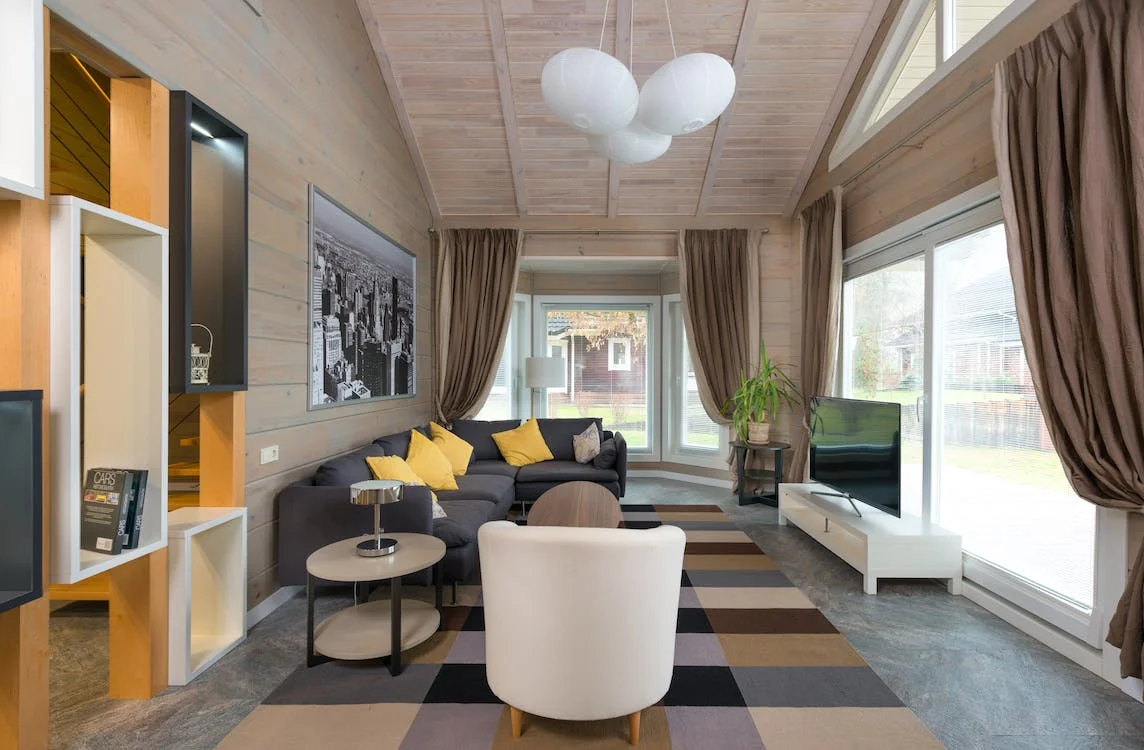 People are remarkably adaptable. We have adapted to survive and thrive in harsh environments like deserts and tundras. However, comfort is essential to our daily well-being and enjoyment. The rush of warmth on a cold winter day or the cool wind on a hot afternoon affects our emotions, health, and productivity. For a happy life, learning to deal with extreme temperatures is essential.
People are remarkably adaptable. We have adapted to survive and thrive in harsh environments like deserts and tundras. However, comfort is essential to our daily well-being and enjoyment. The rush of warmth on a cold winter day or the cool wind on a hot afternoon affects our emotions, health, and productivity. For a happy life, learning to deal with extreme temperatures is essential.
The role of modern technology
Modern technology, particularly HVAC (Heating, Ventilation, and Air Conditioning) systems, has evolved into our major means of regulating the temperature of our living and working spaces. No matter what is happening outside, we can control the inside climates to our preferences thanks to the availability of a dependable HVAC service West Chicago IL company. In addition to providing comfort, this climate control also guards against potential health problems brought on by excessive temperatures, such as heat strokes in the summer and hypothermia in the winter.
Natural solutions and architectural mastery
While HVAC systems offer a direct method of controlling temperature, architectural features and organic remedies have long been employed to regulate and alter the temperatures in our living spaces. Think about the Mediterranean regions’ dwellings’ thick walls, which maintain indoor cooling during the sweltering summers. Or the spacious, open verandas of tropical homes, which allow breezes in and give people covered spaces.
The correct draperies or window treatments can also have an effect on the temperature inside. Dark hues absorb heat, whereas light colors reflect it, limiting the amount of heat that enters a space. When appropriately positioned around a home or building, trees and plants can offer shade and lower the local temperature.
Failing to pick the right system for your home could lead to increased energy bills, rooms that do not get cool or warm enough, and a failing unit. That is why it is a good idea to use a heat pump glossary to educate yourself about the process.
The psychological impact of temperature
Temperature affects us in ways that go beyond simple comfort. Research shows that our emotions, cognition, and sleep quality are affected by our surroundings’ temperature. Hot places might make us tired and unable to concentrate, while cold rooms can make us restless and irritated.
Furthermore, the temperature of our surroundings has a direct impact on how well we sleep, which is essential to our general health and happiness. Since a slightly cool atmosphere encourages the body’s natural drop in temperature throughout the night, it is frequently advised for optimum sleep quality.
Finding your personal comfort zone
The process of navigating temperatures for a contented life is not universal. Each person may have their own personal comfort zone, or a set of temperatures where they feel the best. While some people could enjoy the warmth and feel more alive and energized, others would prefer cooler settings for rest and tranquility.
The goal is to experiment and become aware of how different temperatures impact your energy and mood. Your living and working areas should be adjusted properly. This can entail adjusting the thermostat a few degrees, moving furniture around to improve airflow, or even getting plants that can assist in controlling indoor temperatures.
Conclusion
Accepting temperature as a factor in our life goes beyond the obvious. Understanding its effects on emotion, health, and well-being is crucial. Modern technology like HVAC systems, imaginative architectural designs, and personal choice can help us enjoy life.
Leave a Reply